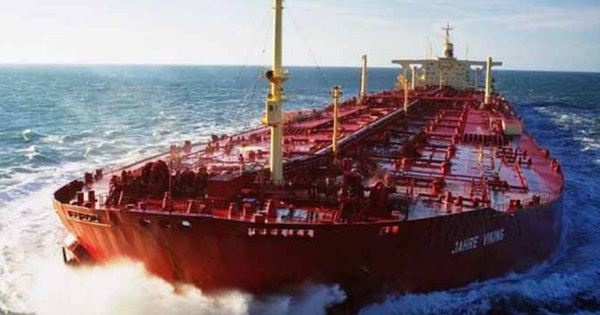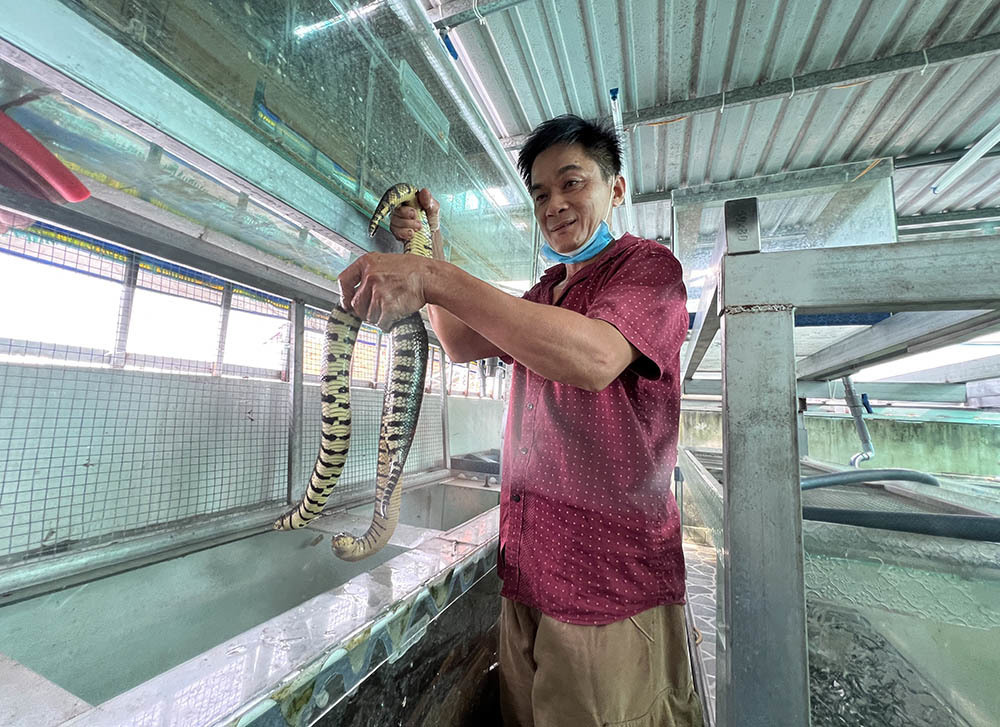The economic crisis pushed Sri Lanka into default
Sri Lanka borrows heavily, while the economy has recently suffered a series of shocks, leaving them without enough foreign exchange reserves to repay the debt.
The island nation of 22 million people Sri Lanka today declared default with $51 billion in foreign debt, as the country faces its worst economic crisis since independence in 1948. Last month, inflation hit 18.3% – double the rate in America. Prices of all essential products skyrocketed.
This has made people dissatisfied, pouring into the street protest many weeks now. A series of Sri Lankan government officials also repeatedly resigned.
Analysts say the crisis in Sri Lanka has formed over the years, mainly due to economic mismanagement and partly due to bad luck. Over the past decade, the Sri Lankan government has borrowed heavily from foreign creditors to provide domestic public services, such as infrastructure, said Murtaza Jafferjee, president of the Advocata Research Institute (Sri Lanka).
Official figures show that China accounted for about 10% of Sri Lanka’s $35 billion in external debt, as of April 2021. This figure could be much higher if debt owed by state-owned companies and central banks is included. Guardian said.

Sri Lankans wait in line to buy fuel. Image: ABC
This wave of debt took place at the same time as the Sri Lankan economy suffered a series of shocks, from natural disasters, Covid-19, the Russia-Ukraine conflict to the government’s ban on chemical fertilizers last year. 2021. Officials insist the ban on chemical fertilizers will not affect traditional agricultural practices.
However, 6 months later, Sri Lanka from a rice self-sufficient country turned into a country that imports more than 600 million USD of foreign rice. This also caused the output of many other commodities to plunge, sparking inflation and dealing a blow to Sri Lanka’s tea and rubber exports.
Seven months after the decision was issued, the government revoked the ban. However, ABC Sri Lanka’s economy has suffered considerable damage. The impact on the tea industry alone – Sri Lanka’s main export product – equates to an economic loss of more than $400 million.
Covid-19 also causes tourism-dependent economies like Sri Lanka to lose revenue. When the budget deficit was heavy, President Gotabaya Rajapaksa cut taxes to stimulate the economy. However, this makes the government’s revenue even more narrow. Many credit rating agencies have downgraded Sri Lanka’s rating to near default, making it impossible for the country to access foreign markets.
Since then, Sri Lanka has had to rely on foreign exchange reserves to pay its public debt. Their reserves shrank rapidly, from $6.9 billion in 2018 to $2.2 billion this year. Meanwhile, this year, Sri Lanka still has to pay $4 billion in debt. Including 1 billion USD of international bonds due in July.
This has affected imports of gasoline and other essentials, causing prices to skyrocket. Last month, the Sri Lankan government floated the rupee again. This means that the rupee price will be determined based on the supply and demand of foreign exchange. Their goal is to devalue the local currency to qualify for an International Monetary Fund (IMF) loan, while encouraging remittances.
However, the rupee’s plunge against the USD only made Sri Lankans struggle. Their lives turned into endless lines of waiting to buy necessities. Many items have been limited in quantity.
In recent weeks, many stores have been forced to close because they cannot run refrigerators, air conditioners or electric fans. Troops were sent to gas stations to reassure customers who had to wait for hours in the heat to refuel.
Above CNN, A woman in Colombo said she was waiting to buy gas to cook rice for the whole family. Others lamented the double price of bread. Meanwhile, taxi drivers say that restricting gasoline sales makes it difficult for them to make a living.
Some find themselves in a dilemma, having to work to support their families, but also have to wait in line to buy necessities. Even middle-class people with savings are angry about running out of drugs or gas. The capital Colombo has frequent power cuts, sometimes up to 10 hours a day.
Sri Lanka is still seeking financial support from the IMF and other major countries. In a speech last month, President Rajapaksa said he had weighed the pros and cons of working with the IMF and had decided to pursue the organization’s bailout. This is what his previous government hesitated to do. Sri Lanka’s Finance Ministry today explained the default declaration was to ensure “fair and equal treatment of all creditors” before the IMF provided assistance to the country.
Sri Lanka also sought help from China and India. New Delhi agreed to a $1 billion credit package last month. However, analysts warn this support will only prolong the crisis, not be resolved.
“To get out of the crisis, the first priority is to quickly form an effective government. Reaching an agreement with the IMF will be the accounting step,” said economists Ankur Shukla and Abhishek Gupta.
Ha Thu
at Blogtuan.info – Source: vnexpress.net – Read the original article here



